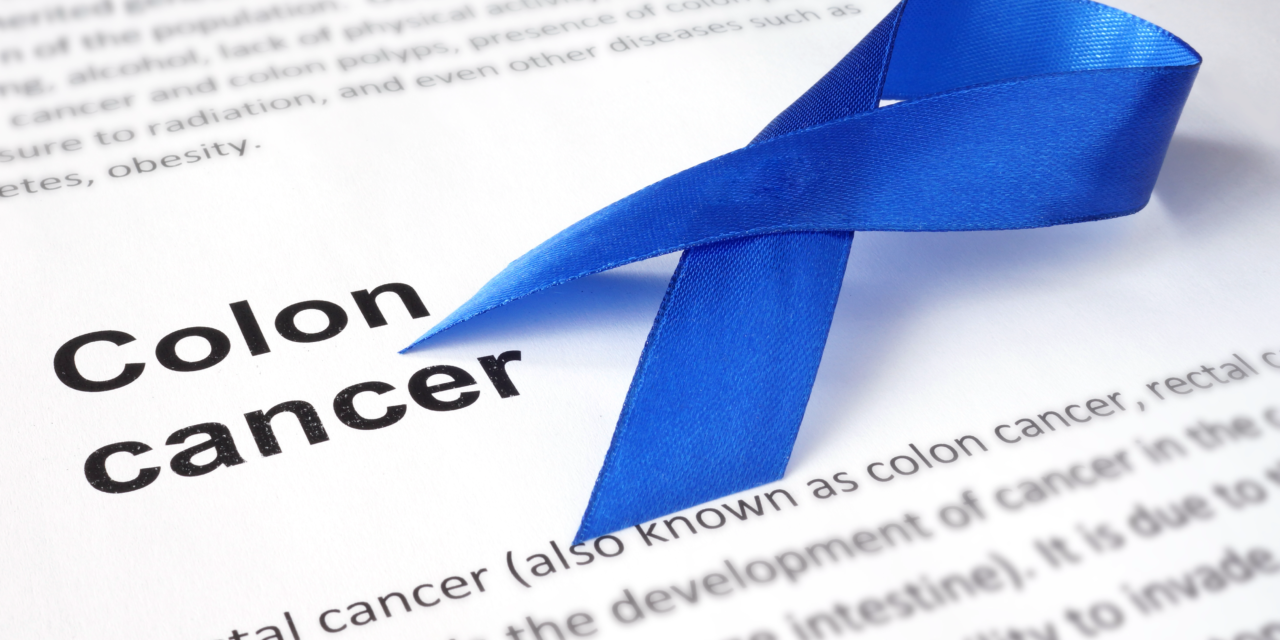Courtesy of Great Lakes Cancer Care Collaborative
No, it’s not colorectal cancer awareness month. That’s in March. However, with colorectal cancer being the third most common cancer diagnosed in both men and women in the United States, and the second leading cause of cancer in men and women combined, awareness of the disease should be a priority throughout the year.
The American Cancer Society notes that 106,970 people have been diagnosed with colon cancer and 46,050 with rectal cancer so far in 2023. The lifetime risk for developing colorectal cancer is 1 in 23 for men and 1 in 26 for women. An estimated 52,550 people will lose their lives to colorectal cancer this year. While rates of colon cancer have dropped among older adults due to screening, they have increased among younger people.
With rising rates of colorectal cancer among younger adults, the United States Preventive Services Task Force (USPSTF) lowered colorectal cancer screening to age 45. “This means all people at average risk should start screening at 45, while those at a higher risk may need even earlier screening, depending on their risk factors,” says Joseph D. Mills, MD, of Great Lakes Cancer Care Collaborative.
Emphasizing the vital role of screening in saving lives, Dr. Mills says, “Getting people screened earlier helps find growths (polyps) inside the colon, which can then be removed. Most colorectal cancers begin as a small non-cancerous polyp, which can take up to 7-10 years to become cancer. While not all polyps become colorectal cancer, many do. The disease often has no symptoms until its later stages after it has spread, when survival rates decline significantly. It is also why screening intervals are reduced from 10 to 5 years if a person has had polyps or a family history of the disease.”
While colon cancer is often viewed as an older person’s disease, more young adults are getting it, with rates increasing 2% yearly since 1990. This is largely because healthier and younger adults put off screening. Yet 75% of colorectal cancer cases are among younger people diagnosed between ages 40-49. Delayed diagnosis and death are also more prevalent in Black, Indigenous, and people of color communities. Chadwick Boseman, who portrayed the title role in Black Panther, was diagnosed with Stage 3 colorectal cancer in 2016 at age 39, losing his four-year battle at age 43.
“While there are genetic risks for colon cancer, only 15% of cancers are actually inherited; however, knowing your family history is still important,” says Dr. Mills. It is also important to be aware of any changes to your bowel habits, including blood in the stool, rectal bleeding, weight loss, anemia, or fatigue. Any such symptoms should prompt an immediate call to your doctor. And, if you are age 45 or older, don’t wait for symptoms. Get screened now!
Dr. Joseph Mills is a board-certified colorectal surgeon practicing with Great Lakes Cancer Care Collaborative. Learn more about where to be screened and treated for colorectal cancer at www.greatlakescancercare.org, or call him at 716-636-9004 to schedule an appointment.












